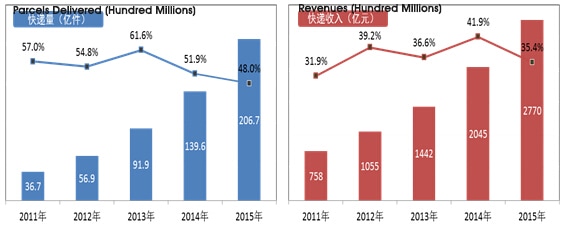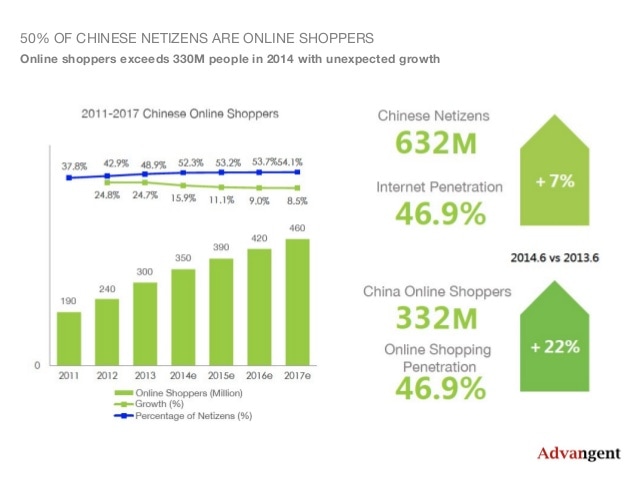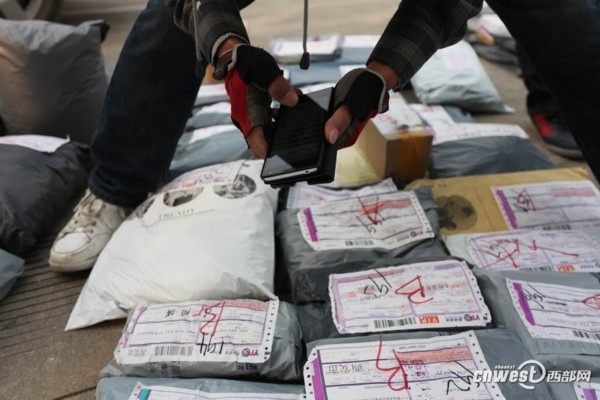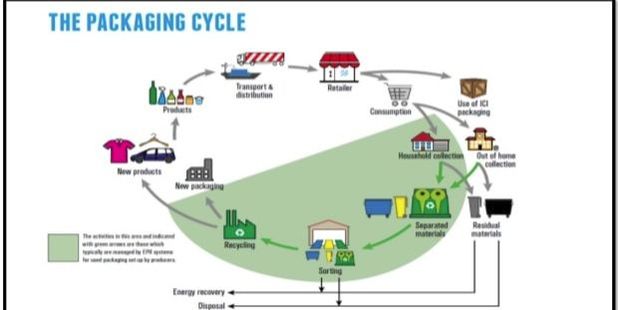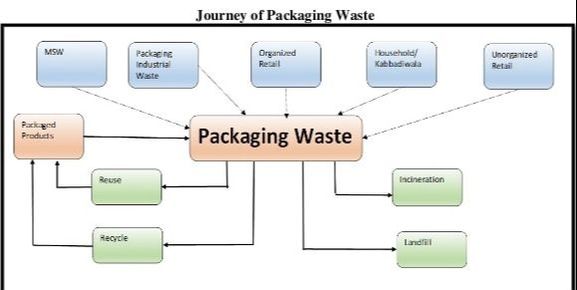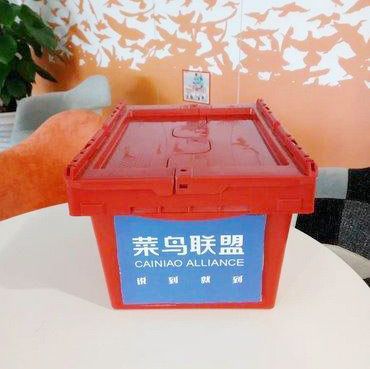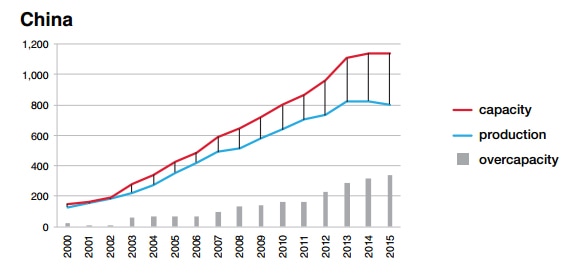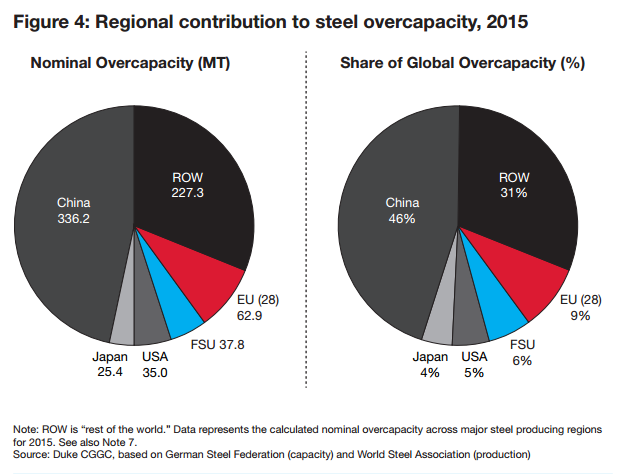|
Industry Targets Waste
27/03/2017
chinaurbanisationnews
Two groups of sector leaders are working to improve the environment regarding packaging and construction waste resulted from China's economic boom.
|
|
2017/03/14
Beijing An Urban Forest?
2017/03/02
Air Pollution Controls Tightened
2017/02/21
China to Build More Charging Points for Electric Vehicles
2017/02/07
Intensive Tightening of Environmental Control in Government
Beijing An Urban Forest?
2017/03/02
Air Pollution Controls Tightened
2017/02/21
China to Build More Charging Points for Electric Vehicles
2017/02/07
Intensive Tightening of Environmental Control in Government


